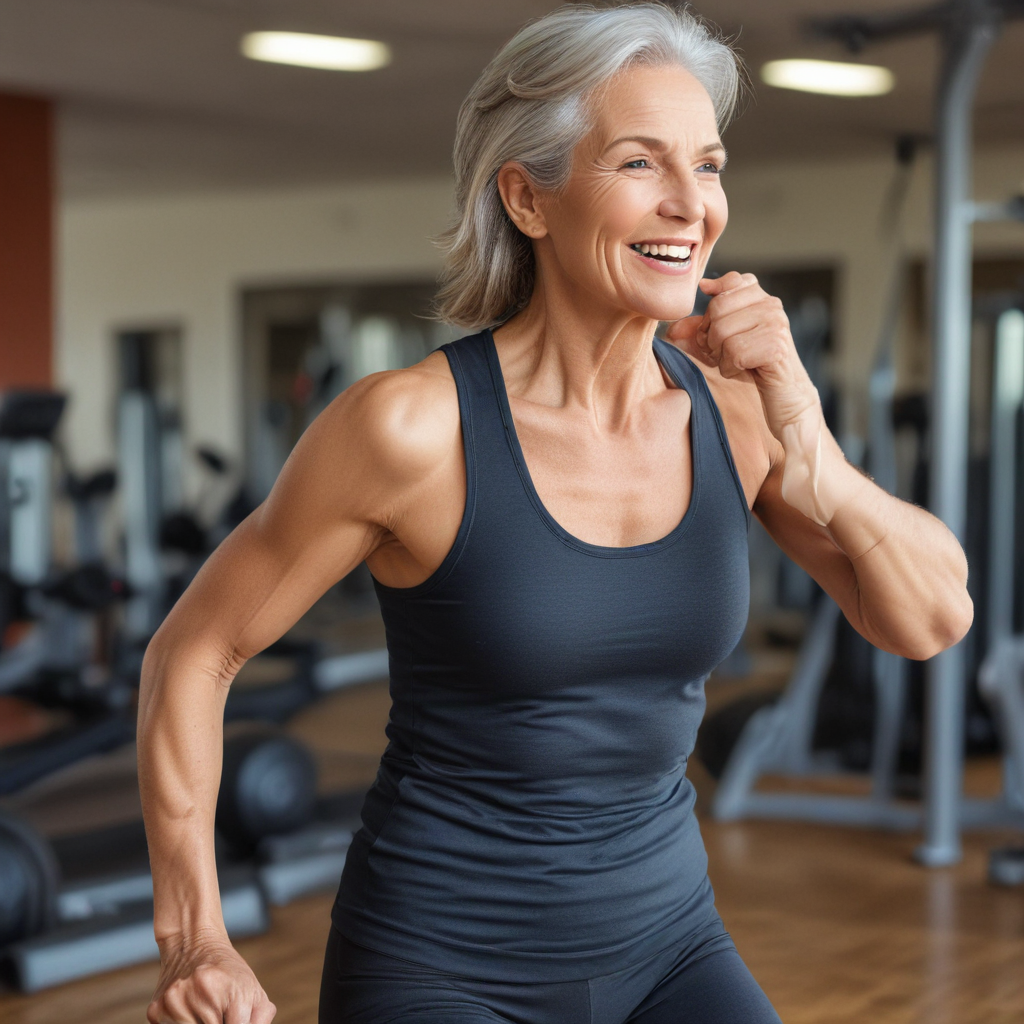
Benefits of Exercise for the Immune System of Seniors: Boosting Overall Health and Wellness
1. Strengthening the Immune Response
Regular exercise plays a crucial role in bolstering the immune system of seniors. Physical activity increases the production of immune cells, such as T-cells and B-cells, which are essential for fighting off infections and diseases. Exercise also enhances the circulation of these immune cells throughout the body, enabling them to respond more effectively to potential threats.
2. Reducing Inflammation
Chronic inflammation is a significant contributor to age-related health conditions. Exercise has been shown to possess anti-inflammatory properties by reducing the levels of pro-inflammatory cytokines in the body. By suppressing inflammation, exercise helps protect seniors from various health issues, including cardiovascular disease, arthritis, and certain types of cancer.
3. Improving Cardiovascular Health
Exercise improves cardiovascular health by strengthening the heart and blood vessels. A healthy cardiovascular system ensures efficient blood flow, which is essential for delivering oxygen and nutrients to all parts of the body, including the immune system. Enhanced cardiovascular health also reduces the risk of heart disease, a leading cause of death among seniors.
4. Enhancing Sleep Quality
Exercise promotes better sleep quality, which is vital for immune system function. Sleep deprivation suppresses immune response, making individuals more susceptible to infections. Regular physical activity helps regulate sleep-wake cycles and improves overall sleep duration and quality, thereby boosting immune system effectiveness.
5. Promoting Mental Well-being
Exercise has been found to have a positive impact on mental well-being, reducing stress, anxiety, and depression. These mental health benefits indirectly contribute to immune system function. Chronic stress can impair immune response, while exercise-induced relaxation and reduced psychological distress support a healthy immune system.
Maintaining Muscle Mass
Age-related muscle loss, also known as sarcopenia, can compromise immune function. Exercise helps preserve muscle mass by stimulating muscle protein synthesis. Stronger muscles support a more robust immune system, as they produce cytokines that have immune-boosting effects.
Reducing the Risk of Chronic Diseases
Regular exercise reduces the risk of developing chronic diseases, such as heart disease, stroke, diabetes, and certain types of cancer. These diseases can significantly weaken the immune system. By maintaining a healthy weight, improving blood sugar control, and reducing the risk of chronic inflammation, exercise helps protect seniors from immune system decline.
Encouraging Social Interaction
Group exercise classes or activities provide opportunities for social interaction among seniors. Social connections are essential for mental and emotional well-being, which indirectly supports immune function. Loneliness and isolation can increase inflammation and impair immune response. Exercise promotes social engagement, helping seniors maintain a strong support system.
Increasing Mobility and Independence
Exercise improves mobility and balance, reducing the risk of falls and injuries. As seniors become less mobile, they may experience decreased physical activity levels, leading to a weakened immune system. Maintaining mobility allows seniors to engage in regular exercise and other activities that support their immune health.
Enhancing Overall Quality of Life
Exercise enhances overall quality of life by improving physical function, mental health, and social well-being. As seniors age, maintaining a high quality of life is crucial for their overall health and happiness. Exercise contributes to a more fulfilling and vibrant life for seniors, indirectly supporting their immune system function.
Frequently Asked Questions (FAQs)
Q: What types of exercise are best for seniors?
A: Low-impact exercises such as walking, swimming, cycling, and tai chi are ideal for seniors. These activities provide cardiovascular benefits while minimizing joint strain.
Q: How often should seniors exercise?
A: Aim for at least 150 minutes of moderate-intensity exercise or 75 minutes of vigorous-intensity exercise per week. Consult with a healthcare professional for personalized guidance.
Q: Is it safe for seniors with health conditions to exercise?
A: Yes, but it is essential to consult with a healthcare professional before beginning an exercise program. They can help determine appropriate exercises and intensity levels based on individual health conditions.

